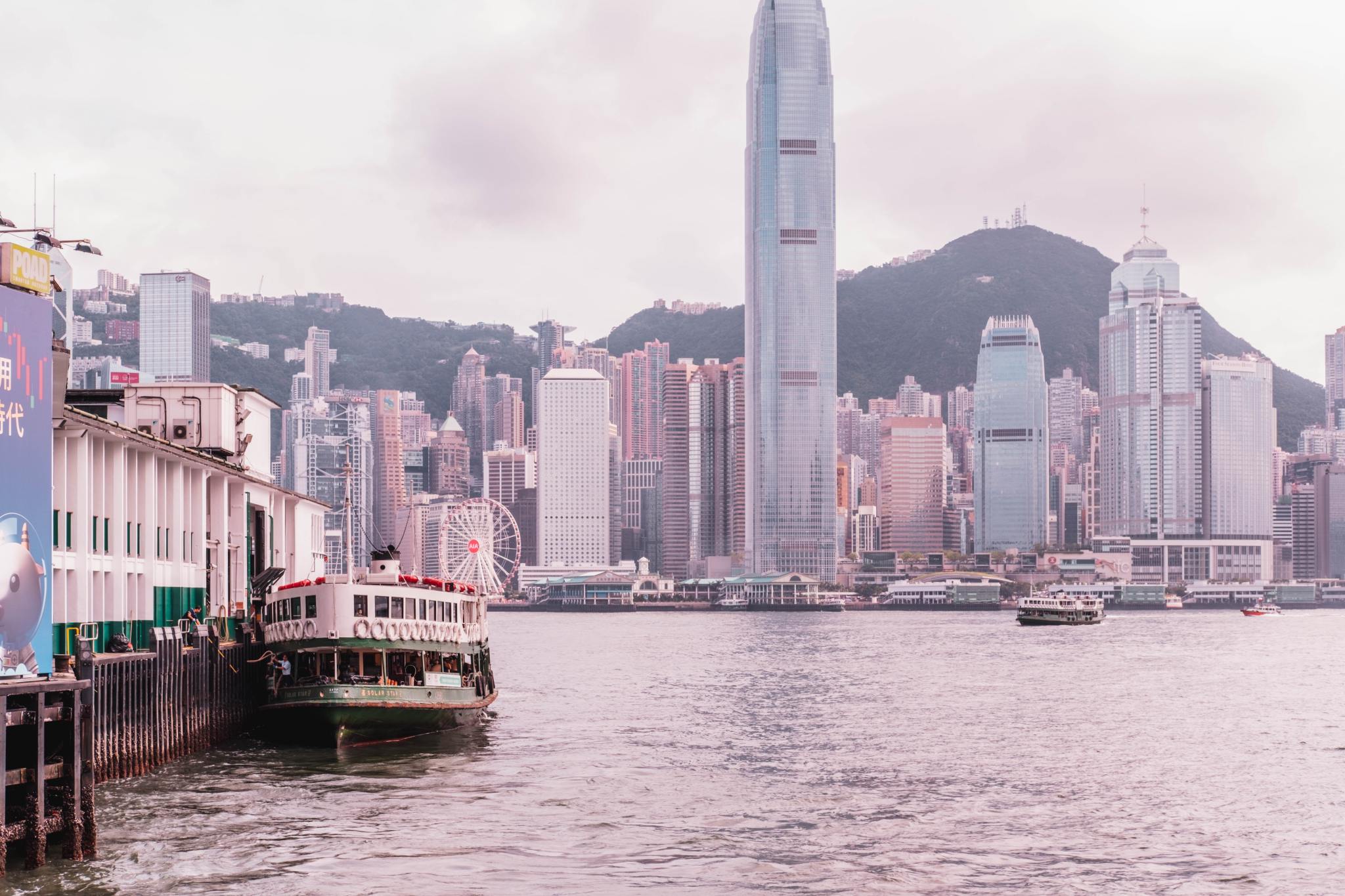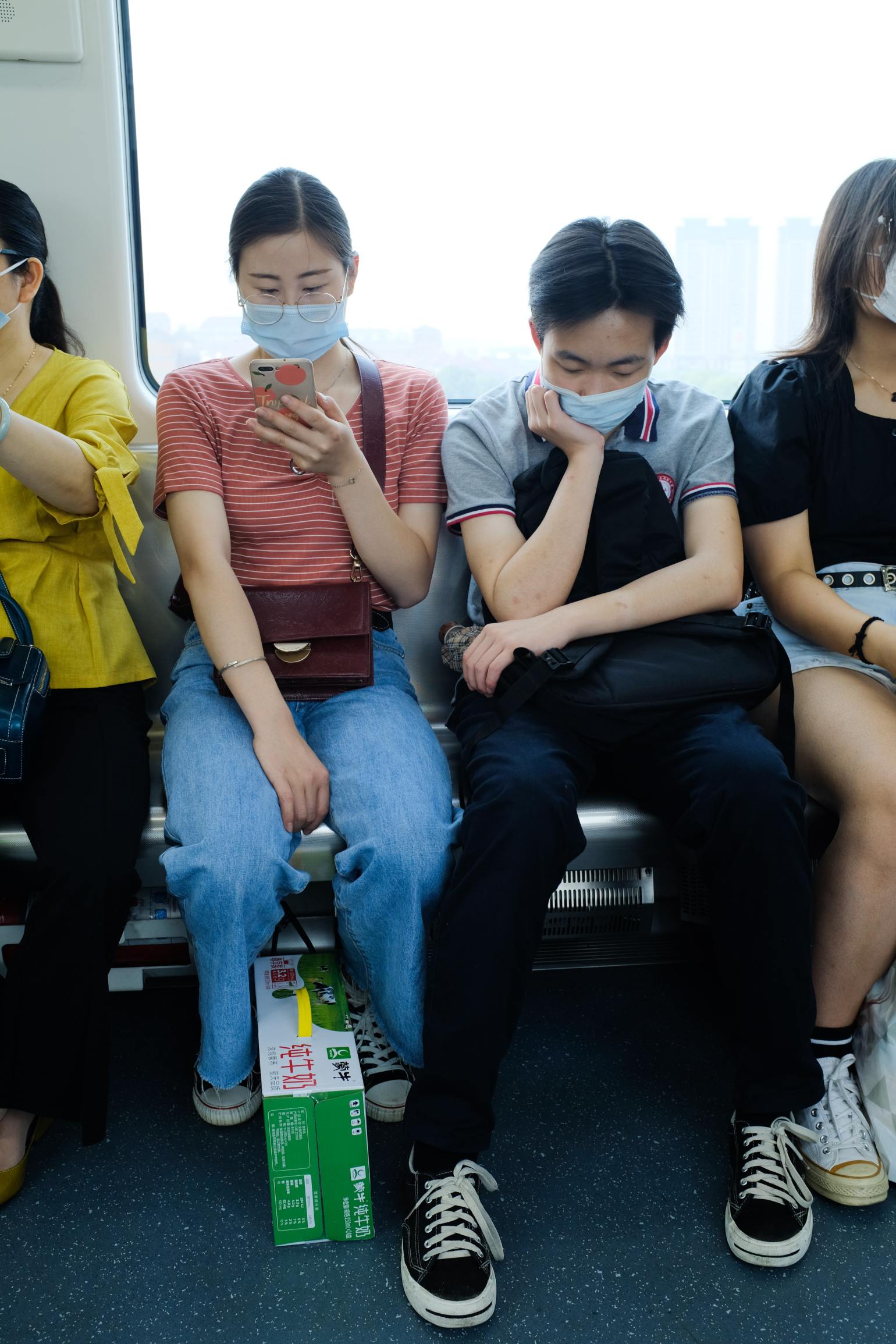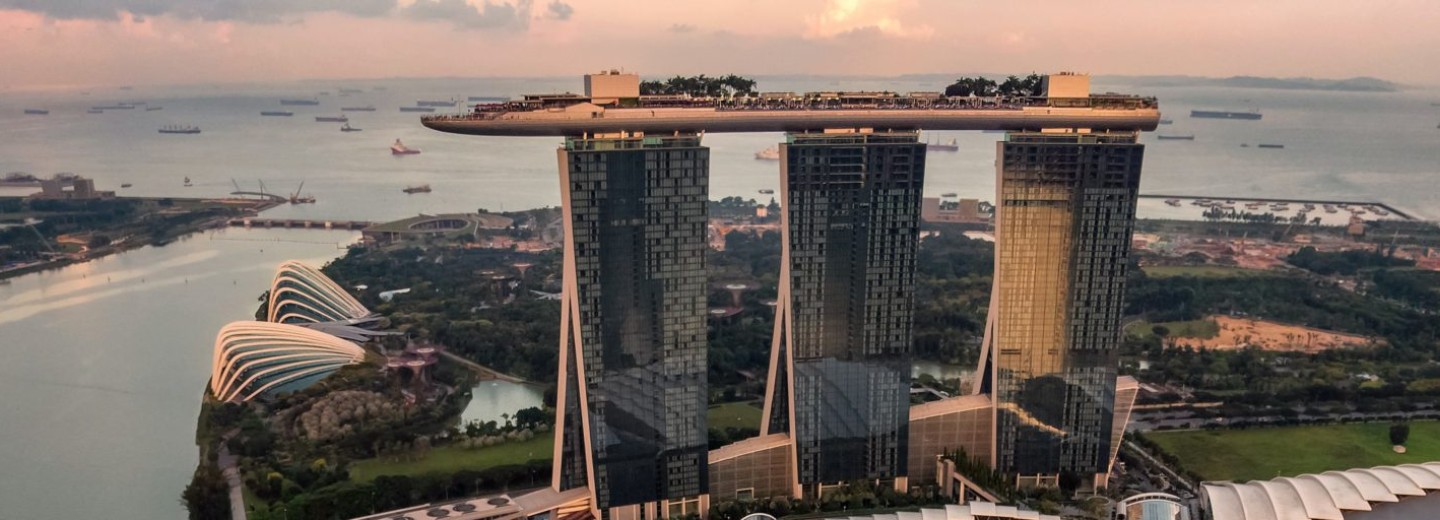China news 11th January 2021
International intellectual property litigation
Can Hong Kong provide international intellectual property litigation experience to the Greater Bay Area?
Kennedy Wong Ying-ho BBS, JP, a lawyer who is also a member of the National Committee of the Chinese People’s Political Consultative Conference, said that there is an oversupply of lawyers in Hong Kong and competition is fierce. However, China has a lot to do, especially in providing international experience on intellectual property matters, and even assisting in handling civil and commercial legal disputes.
The Greater Bay Area is designated as a global technological innovation hub and an important source of emerging industries. Kennedy Wong believes that this requires more opening to the outside world. For lawyers familiar with international legal norms and business development in Hong Kong, the opportunities in the Mainland are infinite.

Chinese enterprises are actively seeking external partners. Because these businesses often involve more complex commercial and legal arrangements, and the rights and interests of third parties or foreign companies may be involved, companies urgently need professional legal services. They need to handle foreign-related business and respond to commercial disputes and other challenges.
Hong Kong lawyers can provide international experience in intellectual property matters. They can provide clients with trademark, patent, and industrial design registration services, and assist clients in handling related disputes. Hong Kong lawyers have improved corporate confidence to invest in high-tech, making companies more willing to invest capital and resources for technological research and development.
Although the legal system of the two places is different, the business environment has turned around in recent months. In August this year, the Mainland passed an agreement to allow Hong Kong, Australian, Taiwan, and foreign-invested enterprises registered in the Cooperation Zone to choose the law applicable to their civil and commercial contracts. It is therefore possible to choose relevant laws, including Hong Kong law, by agreement. These companies can become clients of Hong Kong lawyers practising in the Greater Bay Area, which is great for these lawyers.

Kennedy Wong said that the different social systems and legal systems of Guangdong, Hong Kong and Macao will inevitably bring about conflicts of laws in the Greater Bay Area. In addition to conflicts of civil and commercial laws, they even include conflicts of criminal law and jurisdiction, state immunity and state-owned enterprise immunity systems.
These interregional legal conflicts, especially civil and commercial legal disputes, are better resolved by mediation and arbitration.
Hong Kong has obvious advantages in this field because it has an independent judicial institution established under British common law and a more reliable and transparent supervision mechanism. Moreover, Hong Kong has more than 1,200 local law firms and nearly 100 overseas law firms. There are many talented people and a complete legal system for arbitration. For example, the current “Arbitration Ordinance” is formulated in accordance with the “Model Law of International Commercial Arbitration” of the United Nations Commission on International Trade Law. It is the cornerstone of ensuring and consolidating Hong Kong as a regional and even international arbitration centre. The court has never refused to enforce the arbitration award.
If there are cross-border mergers and acquisitions, it is also helpful to know the laws of the two places. “Some companies also need legal counsel to provide basic legal services. If the counsel is qualified as a lawyer in the Greater Bay Area, it will be very good for clients.”
Source: hk01.com.
The global ‘game’
A recent conference in Singapore looks at the global ‘game’ between the USA and China and concludes that both powers need to work together rather than in competition.
Professor Wang Gungwu, a well-known local historian, (and former Chancellor of Hong Kong University) delivered a keynote speech at the 2021 Regional Outlook Forum organized by Yusof Issa Southeast Asia Research Institute. He pointed out that China has proved that highly concentrated state capitalism can operate effectively. Under the COVID-19 pandemic, the choice between freedom and order in various countries has also surfaced. This will have a huge impact on the future development of the world.
The game between China and the United States is not an ideological rivalry like the Cold War, but a competition for markets and resources between different forms of capitalism. Wang Gungwu analysed the impact of four major historical events, the rise of China and India, the 2008 financial crisis, and the coronavirus epidemic on Southeast Asia; when he talked about the financial crisis, he also analysed the root causes of the Sino-US game.
He judged that the financial crisis was not only a crisis in the US financial system, but also revealed the fragility of neoliberalism. Wang Gungwu pointed out that people had always believed that neoliberal globalization could improve the living standards of everyone, but facts have proved that social inequality in many countries is getting worse.
Some people originally believed that state capitalism that violates neoliberalism is doomed to fail. Yet China’s example proves that a highly institutionalized, centralized, and bureaucratic economic model can also coexist with entrepreneurs and capitalists, and with new freedoms. The doctrine has achieved results. This provides another possibility for the development of the global economy and challenges the concept of neoliberalism.

It is not an ideological confrontation like the Cold War, but a systemic rivalry. There are two models in the world: neoliberalism and state capitalism.
Both want to overcome the other to enhance their stability and security. This is a competition for resources and markets between different modes of capitalism. This is a different kind of struggle.
Wang Gungwu believes that, during the Sino-US game, the centre of the ocean has also shifted from the Asia-Pacific to the Indian Ocean-Pacific region. On the one hand, Southeast Asia has received unprecedented attention, and on the other hand, it has also caused Southeast Asia to face difficult choices on Sino-US issues. It is currently difficult to assess the impact of this on the world.
As for the coronavirus epidemic that has hit the global economy, Wang Gungwu believes that it is still difficult to fully assess the impact of the epidemic. But in the past few months, the choice between freedom and order among countries has attracted attention.
The epidemic has highlighted that extreme freedom or extreme order is impractical and difficult to achieve. In the future, governments of various countries can only choose between “relative freedom” and “relative order.” As a meeting point of different management models, Southeast Asia is worthy of attention.
In summary, Wang Gungwu said:
Southeast Asia combines these two management models, and countries are constantly experimenting and finding a balance between the two. On the one hand, they hope to provide enough freedom to satisfy most people. On the other hand, they also seek adequate order. Southeast Asia will therefore become a more interesting and vibrant region.
The COVID-19 epidemic has highlighted that neither China nor the United States can lead the world alone, and the world’s confidence in these two powers has fallen to a trough. In the world of COVID-19, countries are expected to accelerate the creation of a more diverse international system than ever before.

Another speaker at the conference pointed out that during the tenure of U.S. President Trump, the international status of the United States declined greatly. Even its closest allies and partners in Europe have a worse perception of the United States. On the Chinese side, Chinese President Xi Jinping was accused of adopting a strategy of “wolf war diplomacy”. This too hit China’s international status. The speaker pointed out that many countries do not trust Trump. Neither did they believe that the Chinese government could solve the problems facing the international community.
The COVID-19 pandemic will accelerate the world’s efforts to build a more diverse system than in the past few years. We have clearly seen India plays a bigger role in the Indo-Pacific region, and Japan is also more active in Southeast Asia.
However, all the presenters believed that, even if China and the United States face challenges during the epidemic, the incoming US Biden administration may open a window of hope for Sino-US relations. The two countries should start with repairing economic and trade relations and reconnect their economies based on mutual benefit.
If China and the United States can work together, the most direct result will be the rapid recovery of the world economy. But the international influence of both China and the United States has been weakened. Even if the two countries reach a consensus and have the will, they may not be able to restore the international order as before.
Source: zaobao.com.
Individualism and Collectivism – which is more successful?
When considering the epidemic of the century, one thing has always had an impact in various countries. That is the debate between collectivism and individualism, which has transcended politics itself.
Overall, whether it is at the government level that formulates policies or the people level that abides (or not) by the policies, countries and societies that focus on altruistic collectivism will always perform better in fighting an epidemic; countries and societies that blindly emphasize the right to freedom, make the epidemic more serious.
You can say that China’s success in fighting the epidemic was achieved by suppressing and sacrificing individual freedom and rights. Yet without the recognition and support from the people’s inner values, this would be difficult to achieve. Moreover, for a large country with a large population, complex structure, and uneven economic development, this is the most effective way. Sacrificing the individual to make the ‘greater self’ has better safeguarded the safety and rights of all individuals.

In many parts of Asia, such as Japan, South Korea, Singapore, Hong Kong and Taiwan, and other democratic countries and regions, the anti-epidemic measures may not restrict individual freedom and rights as severely as in mainland China. This is not only a system limitation but also a national condition. The emphasis and protection of public collective interests are outstanding, as a result of considering the rights of both the collective and the individual. The collectivism prevailing in Eastern culture also makes it easier for people to implement and observe anti-epidemic measures.
The epidemic crisis calls for the spirit of collectivism and has become a test of the philosophy of collectivism.
Collectivism and individualism each have value. Excessive collectivism certainly imprisons human nature, but excessive emphasis on freedom and human rights can also harm the collective interests of the public. Today, when freedom and human rights are generally promoted and increasingly become mainstream values, is this rare epidemic reminding us and calling for a moderate return to collectivism?
Obviously, in this epidemic, altruism means self-interest, and self-interest means altruism.
If the enlightenment thought of the 18th century was the light of reason that allowed human nature to break out of the prison of theocracy, the return of moderate collectivism may be another rational thinking of human beings today.
Altruism, after all, can better demonstrate the nobility of human beings.
Source: zaobao.com.
Worked on the article:

Wanlikhang





